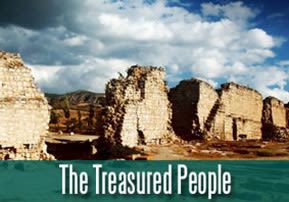
The Treasured People
“Tzion”, or Zion, may be truly defined as a Torah nation living within the borders of Eretz Yisroel, uncontested by ANY nation. Tzion is the ultimate state of the Jewish people…

Hallelujah! Praise the Name of G-d! Praise you servants of G-d, who stand in the House of G-d, in the courtyards of the House of our G-d; praise G-d, for G-d is good! Sing to His Name, for It is pleasant! (Tehillim 135:1-3)
This psalm is a veritable history lesson of the Jewish people’s rise from single individuals to a fledgling nation, to a people who witnessed the systematic destruction of the mightiest nations of the time:
G-d selected Ya’akov for His own, Israel as His treasure.
Why not Avraham? Was it not Avraham who chose G-d against society, and therefore, was chosen by Him as a “society” unto himself? Yes, but to choose Avraham as the “treasured nation” was to choose ALL of Avraham’s descendants, which included Yishmael and the children of Keturah as well.
What about Yitzchak and his children? Yitzchak is the symbol of sacrifice for G-d, and he never strayed from the service of the Almighty. However, HIS children also included Eisav, and Eisav did not possess the merit to be called His “treasured nation,” not Eisav himself or any of his many descendants.
Only Ya’akov fathered “Shivtei Kah” — “Tribes of G-d,” and only they merited to be called “Am Segulaso” — “His Treasured People.”
For, I know that G-d is greater than all heavenly powers.
This is one of the central characteristics of a Jew — to believe in no other powers but G-d, and, to know that He is the Force behind all forces, no matter how much creation appears to the contrary.
All that G-d wanted, He did — in heaven and on earth; in the seas and all the depths It was He who smote the firstborn of Egypt, from man to beast.
Lest you forget: He does it all. Lest you reject: we are “here” today because of Him, and, we will continue to be “here” because of Him. Here’s the best part:
“The idols of the nations are silver and gold, the handiwork of man. They have mouths, but cannot speak” (ibid).
True, money DOES seem to talk, but whose language? Is that really called “speaking,” from the Creator’s point of view? The Talmud defines true “speaking” in the following way:
R’ Elazar said: Every man was created to toil, as it says, “Because man was made to toil …” (Iyov 5:7). Now, I do not know if that means to toil through speech, or in actual labor; however, once it says, “A toiling soul toils for him, for his mouth compels him.” (Mishlei 16:26), I know that a person was created to toil with his mouth. I do not know, though, if this means to toil in Torah or just in regular conversation. However, once it says, “This Torah should not leave your mouth …” (Yehoshua 1: 8), I know that man was created to toil in Torah [through speech]. (Sanhedrin 99b)
No wonder the Talmud admonishes:
Rava said: Anyone who speaks of non-holy matters (Rashi: childishly and lightheadedly) has transgressed a positive commandment, as it says, “… And speak of them …” (Devarim 6:7) — them (Rashi: words of Torah), and not other words. (Yoma 19b)
In fact, tradition teaches that, after it is all said and done, and we stand before the King of kings on that Awesome Day of Judgment, a person’s mitzvot will literally speak up on behalf of the person, or, in the case of sins, against the person.
“They have eyes, but cannot see; they have ears, but cannot hear, nor is there any breath in their mouths (ibid).”
And, here is the most important and frightening point of all:
“Like them shall their fabricators become — all who trust in them. (ibid)”
It is the ultimate middah-k’neged-middah — measure-for-measure: You will become like that which you believe in, and be abandoned by what you trusted. Unless, of course, you heed the cry:
“House of Israel, bless G-d! House of Aharon, bless G-d! House of Levi, bless G-d! Those who fear Him, bless G-d! Blessed is G-d from Tzion, He Who dwells in Yerushalayim. Hallelujah! (ibid).”
Tzion — that is, a Torah nation living within the borders of Eretz Yisroel, uncontested by ANY nation. Tzion — the ultimate state of the Jewish people that the prophets dreamed of, and, as this week’s Haftarah — for which this Shabbat is named — finishes:
Tzion — through judgment will be redeemed, and, her captives, through charity. (Yeshayahu 1:)
It is at this time, during the Three Weeks, especially in advance of Tisha B’Av, and, at this crucial juncture in Jewish history, that we must recall that is then, and only then, that He, and we, can finally dwell in Yerushalayim, permanently and in peace, amen.
***
Pinchas Winston is the author of over 95 books on various topics that deal with current issues from a traditional Jewish perspective. He has also written on the weekly Torah reading since 1993, called “Perceptions”, as well as on current topics and trends affecting Jewish history, past and present. One of his missions is to make the depth and beauty of the more mystical teachings of Torah understandable and accessible to those who can really benefit from them. Visit his website at thirtysix.org.


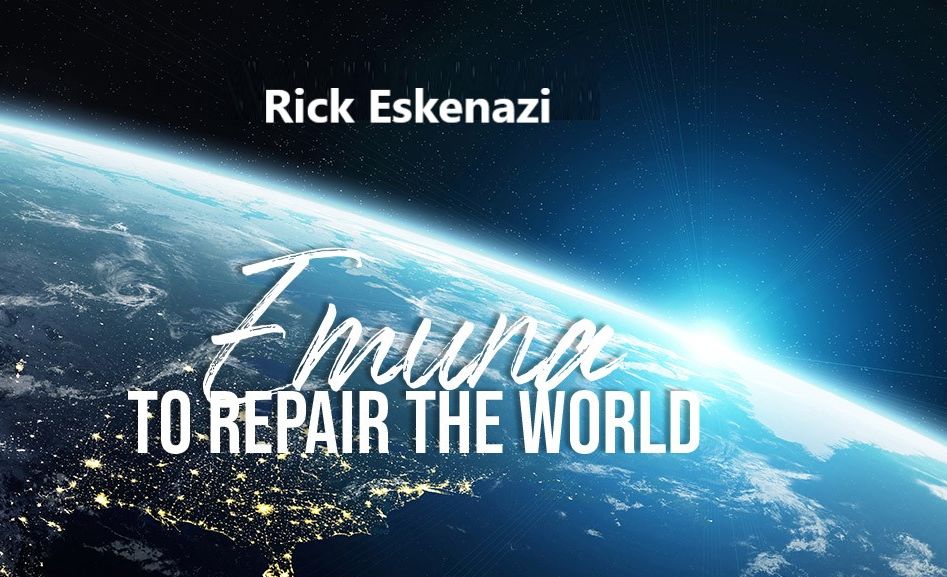
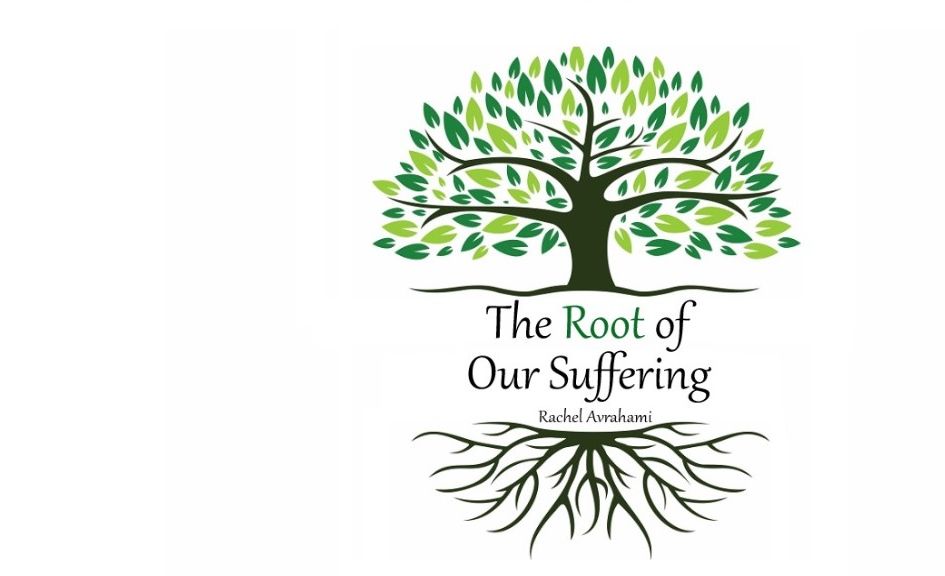
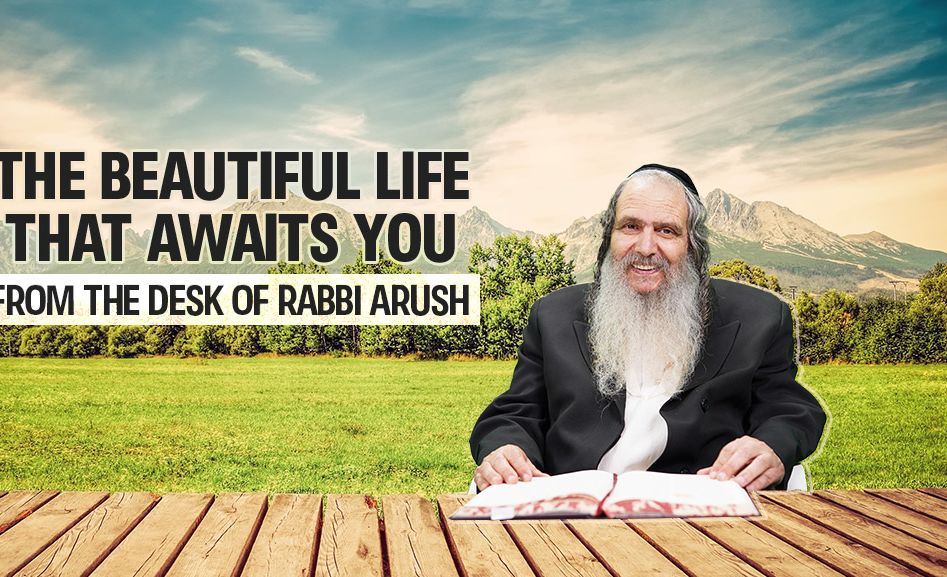
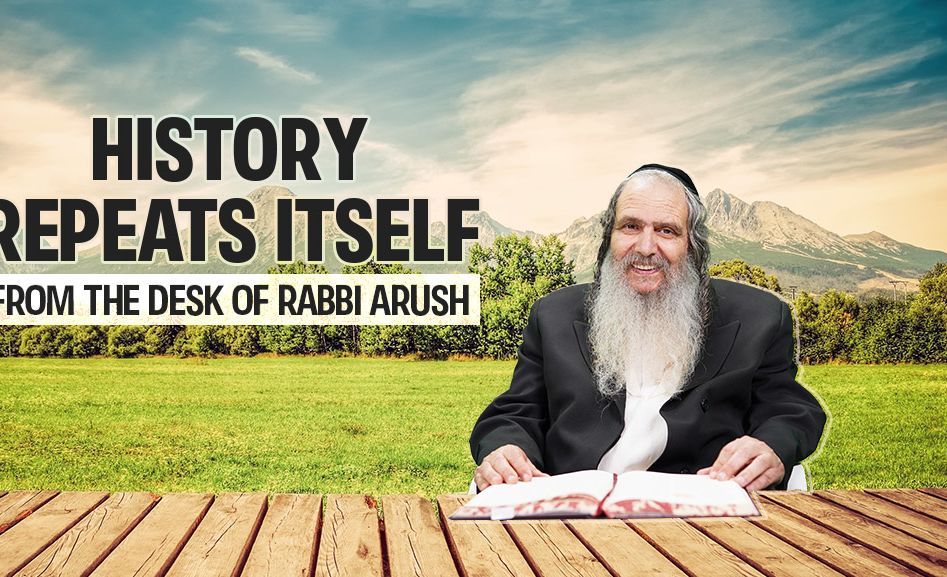
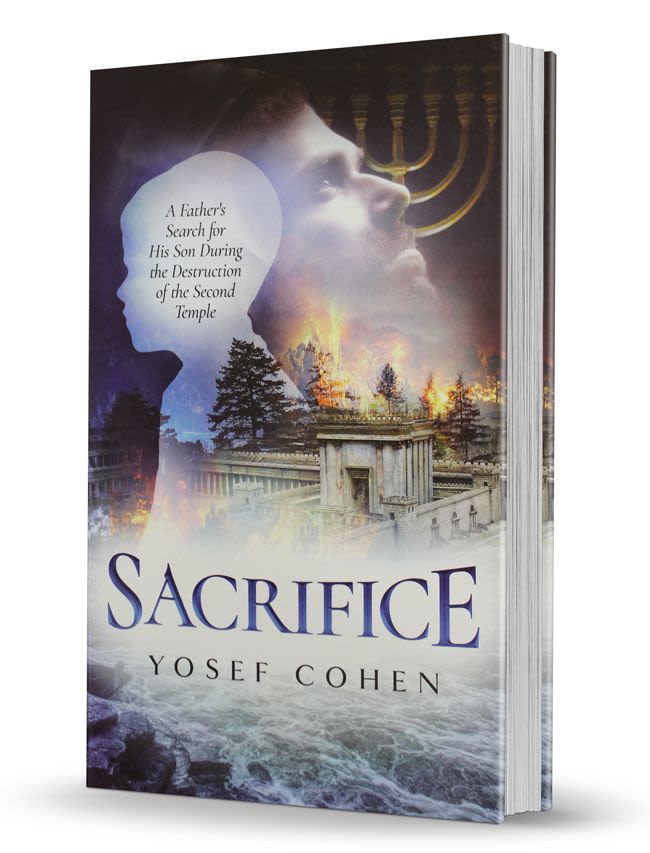
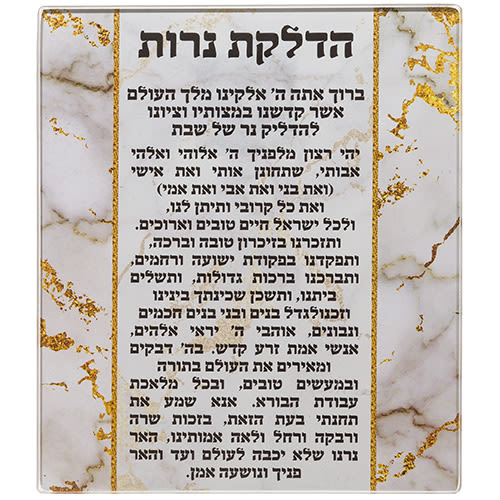
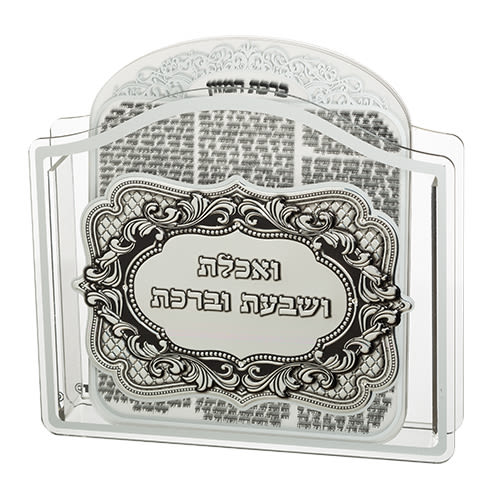
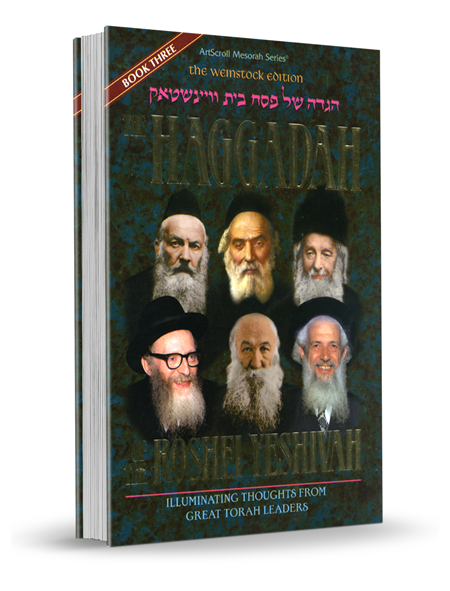
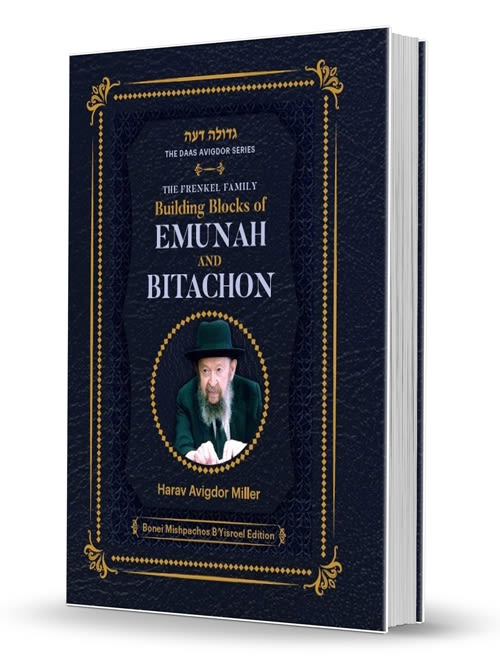
Tell us what you think!
Thank you for your comment!
It will be published after approval by the Editor.